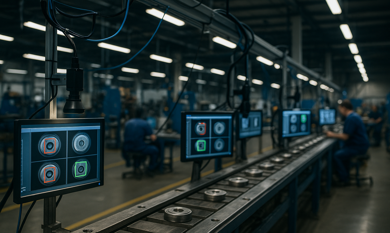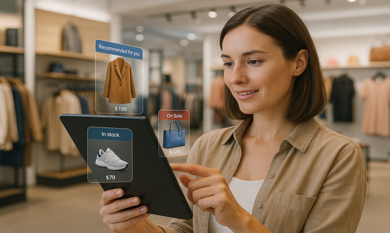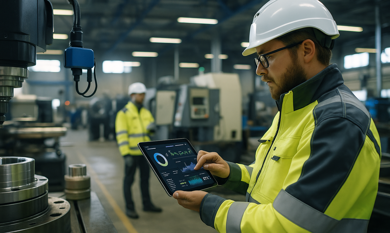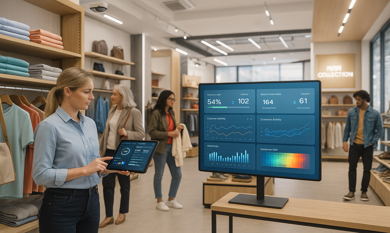Dubai’s logistics ecosystem is rapidly transforming as the city embraces digital innovation to streamline trade, reduce inefficiencies, and enhance transparency. Among the technologies driving this change, Among the emerging technologies transforming logistics, Blockchain and the Internet of Things (IoT) play a pivotal role in creating intelligent, responsive, and data-centric supply chain networks.
By combining blockchain’s immutability with IoT’s real-time intelligence, logistics providers can create connected systems that record every movement, transaction, and environmental condition in a verifiable manner. The integration of these technologies enhances precision in operations while fostering trust and transparency among logistics stakeholders, including suppliers, carriers, and governing authorities. In a region known for efficiency and innovation, Dubai is setting a new benchmark for digital logistics transparency.
Pain Points in Traditional Supply Chains
Despite technological progress, many logistics operators still struggle with fragmented data and inconsistent tracking systems. Traditional supply chains depend heavily on manual entries, legacy databases, and paper-based verification.
- Limited visibility: Visibility often declines once shipments exit the warehouse, resulting in delayed updates or gaps in tracking information.
- Data silos: Disconnected systems across logistics partners hinder seamless communication and cause synchronization issues.
- High risk of tampering: Manual paperwork is prone to inaccuracies and susceptible to alteration or loss, increasing risk throughout the supply chain.
- Inefficient coordination: Lack of standardized systems slows down shipment validation and customs clearance.
In the absence of integrated visibility, companies encounter operational delays, increased costs, and declining customer trust—highlighting the urgent need for blockchain and IoT-driven modernization.
How Blockchain and IoT Combine for Transparent Logistics
Blockchain ensures every transaction and data exchange within the supply chain is secure and immutable, while IoT provides live, sensor-based intelligence from the field. Together, they eliminate blind spots across logistics operations.
Smart IoT devices installed on transport assets and storage units collect and relay environmental and location data in real time. Captured data is immutably recorded on the blockchain, allowing stakeholders to instantly validate the status and conditions of goods throughout transit.
When paired with smart contract IoT integration, pre-set conditions (like temperature range or arrival time) automatically trigger payments or alerts, reducing manual intervention. This approach not only enhances accountability but also automates compliance workflows.
By adopting connected asset traceability and IoT-enabled provenance, companies can validate product origins, prevent counterfeiting, and ensure sustainable sourcing. Partnering with an experienced IoT development company in Dubai allows logistics operators to deploy such systems seamlessly, ensuring their infrastructure supports global-scale data exchange.
In Dubai, where trade routes connect Asia, Europe, and Africa, the convergence of blockchain and IoT is creating digital highways of trust — where every sensor event becomes a verified truth on the ledger.
Technology Stack & Architecture
A transparent digital logistics system built on blockchain and IoT typically includes:
- IoT Sensors and Edge Devices: Sensors and edge devices deployed across vehicles, storage units, and facilities continuously monitor and transmit operational conditions.
- Blockchain Network: A decentralized blockchain framework stores supply chain records securely, ensuring data remains transparent and resistant to tampering.
- APIs and Cloud Infrastructure: Enables seamless integration with ERP systems, dashboards, and mobile apps.
- Smart Contracts: Automated smart contracts execute rules-based transactions and validations, streamlining compliance and financial processes.
This architecture ensures end-to-end visibility across every stage of the supply chain. When supported by robust cloud infrastructure, it enables global scalability and interoperability with regulatory systems. For logistics enterprises, working with an IoT development company in Dubai can simplify this transition — ensuring optimal deployment of sensors, gateways, and blockchain nodes to power real-time data sharing and trust-driven collaboration.
Future Outlook: Dubai’s Smart Logistics Vision
Dubai’s logistics transformation aligns closely with the UAE Blockchain Strategy 2031 and Smart Dubai 2030 vision. The city’s leadership aims to digitize over 50% of logistics operations using integrated blockchain and IoT solutions to make trade more efficient, traceable, and sustainable.
As initiatives like Dubai Customs’ blockchain pilot and DP World’s digital freight corridors expand, the region is moving toward full automation and transparency. Future logistics systems in Dubai will rely on real-time IoT sensors linked to blockchain ledgers, providing stakeholders with instant access to verified shipment data.
By 2030, supply chains are expected to operate with minimal paperwork, AI-assisted route optimization, and automated compliance checks powered by blockchain. This forward-looking approach positions Dubai as a global model for connected trade ecosystems and digital logistics transparency.
Efficiency Gains and Cost Benefits
Integrating blockchain and IoT is not just about innovation — it’s about measurable business impact. Logistics companies implementing these technologies report substantial gains in efficiency, cost savings, and reliability.
- Reduced Manual Verification Costs: Blockchain-led automation can cut administrative and auditing efforts by up to 35%, allowing teams to focus on core logistics tasks.
- Enhanced Tracking Efficiency: Real-time IoT monitoring reduces shipment delays by 25–30%, ensuring better on-time delivery performance.
- Lower Fraud Risk: Immutable blockchain records protect against data tampering and cargo theft, boosting client trust.
- Faster Vendor Settlements: Smart contract-based invoice validation accelerates payments by 20–40%, reducing financial friction.
- Improved Sustainability: Connected IoT sensors optimize routes and monitor fuel use, minimizing environmental footprint.
By merging blockchain’s integrity with IoT’s intelligence, logistics firms can achieve quantifiable ROI while strengthening market competitiveness through connected asset traceability and verifiable data exchange.
Why Choose Theta Technolabs
At Theta Technolabs, we specialize in building end-to-end digital logistics ecosystems that merge blockchain and IoT technology to deliver transparency, speed, and operational control.
Theta Technolabs delivers scalable Web, Mobile, and Cloud solutions that help businesses modernize outdated systems and enable connected logistics infrastructure. We have helped global clients implement blockchain supply chain apps UAE, IoT data analytics platforms, and smart logistics dashboards that ensure security and scalability.
With a focus on ROI-driven innovation, Theta Technolabs transforms logistics operations into intelligent, self-verifying digital systems that redefine efficiency.
FAQ's
1. How does blockchain improve logistics transparency?
Blockchain stores each transaction in a shared, tamper-proof ledger, making supply chain data fully traceable and trustworthy.
2. Can IoT devices detect real-time cargo conditions?
Yes, IoT sensors continuously monitor parameters like temperature, vibration, and humidity, ensuring goods remain within safe limits.
3. Is implementing blockchain and IoT costly for logistics startups?
Costs vary by scale, but cloud-based deployment models allow for gradual adoption without heavy upfront investments.
4. What industries benefit most from this technology?
Beyond logistics, sectors like manufacturing, healthcare, and retail leverage blockchain-IoT systems for tracking, quality assurance, and compliance.
Conclusion
The integration of blockchain and IoT marks a defining moment for Dubai’s logistics industry. As transparency, automation, and data-driven operations become the new normal, businesses adopting these technologies gain unmatched visibility and trust across the supply chain.
Theta Technolabs, a leading blockchain development company in Dubai, empowers enterprises to embrace this digital transformation. We specialize in delivering customized digital logistics solutions that empower enterprises to optimize operations and scale through connected systems.
Ready to Innovate
Looking to enhance visibility and efficiency across your supply chain? Collaborate with Theta Technolabs to develop future-ready logistics platforms powered by blockchain and IoT. 📧 sales@thetatechnolabs.com














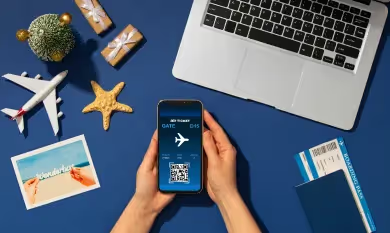

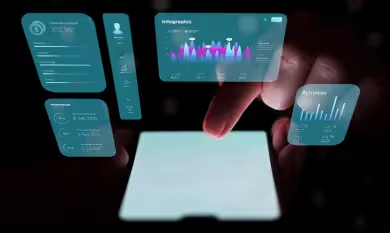

_Computer%20Vision-enabled%20Web%20and%20Mobile%20Interfaces%20for%20Mall%20Management%20in%20Dubai_Q1_In_24.avif)
_Smart%20Solutions%20for%20Healthcare_%20How%20IoT%20Development%20is%20Reshaping%20Dubai%20Hospitals_Q1_In_24.avif)
_Automated%20Checkout%20Systems.avif)
_Smart%20Manufacturing%20in%20Dubai_%20How%20AI%20is%20Driving%20Efficiency%20and%20Innovation_Q1_In_24.avif)
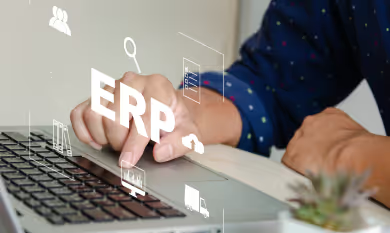
_Understanding%20the%20Impact%20of%20AI%20and%20Machine%20Learning%20on%20Fintech%20Web%20Apps%20in%20Dubai_Q2_24.avif)
_Explore%20the%20Best%20Cross-Platform%20App%20Development%20Frameworks%20of%202024_Q3_24.avif)


_Top%20Benefits%20of%20Cloud%20Computing%20for%20All%20Business%20Sectors_Q2_24.avif)
_Integrating%20IoT%20with%20Mobile%20Apps%20for%20Advanced%20Renewable%20Energy%20Solutions_Q2_24.avif)
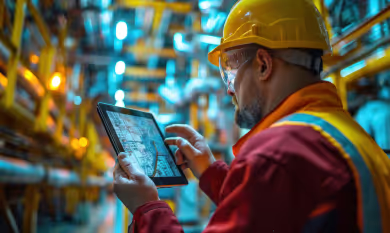
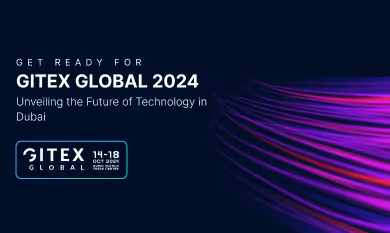
_The%20Transformative%20Role%20of%20Open%20Banking%20APIs%20in%20Fintech%20for%202024_Q3_24.avif)
_Choosing%20the%20Right%20Computer%20Vision%20Development%20Partner%20in%20Ahmedabad%20for%20Construction_Q3_24.avif)
_Node.js%20and%20Blockchain_%20A%20Perfect%20Pair%20for%20Fintech%20Innovation%20in%20Dubai_Q3_24.avif)
_How%20AI%20Development%20Companies%20in%20Ahmedabad%20are%20Transforming%20the%20Shopping%20Experience_Q4_25.avif)
_How%20IoT%20Can%20Reduce%20Energy%20Costs%20in%20Smart%20Factories_Q4_25.avif)



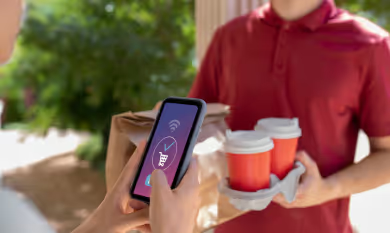


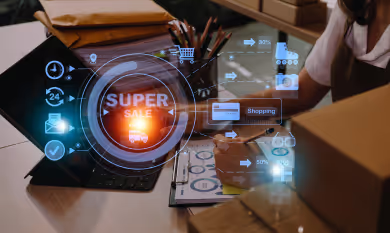


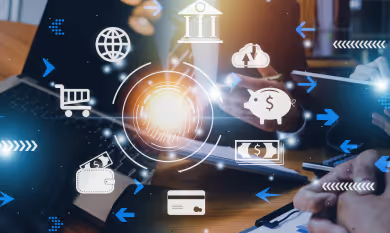


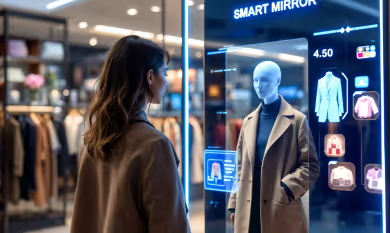

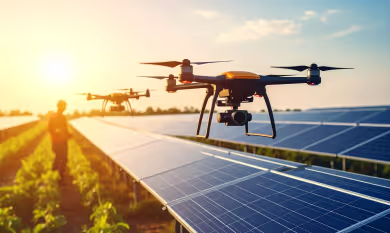

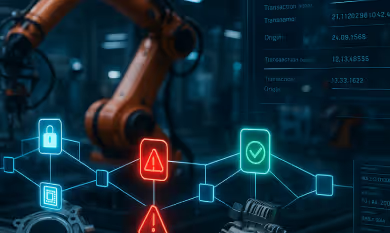




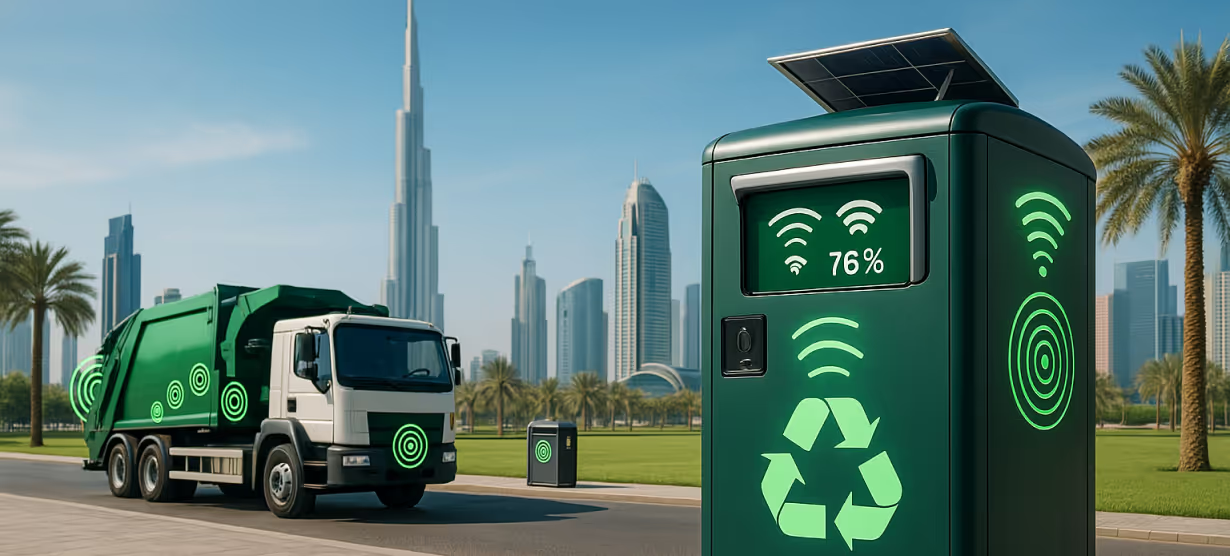
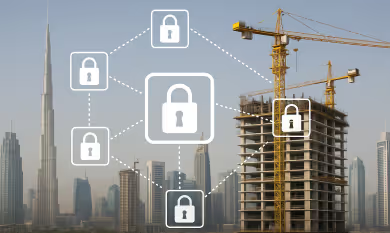
.avif)
.avif)
.avif)

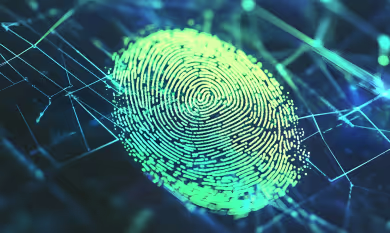

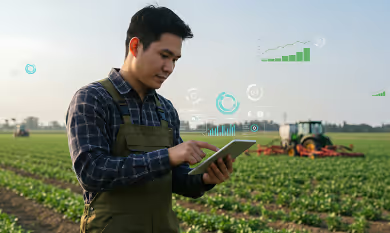
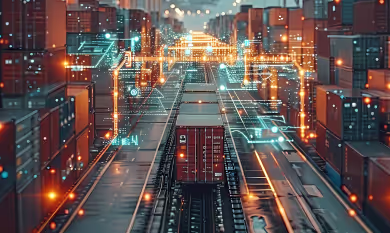
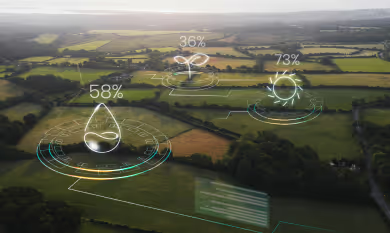

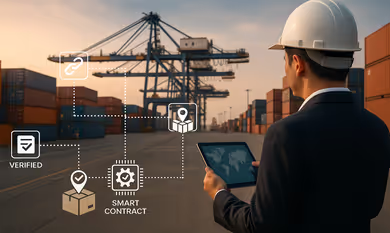
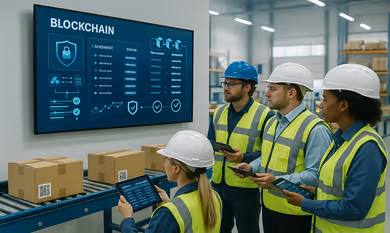
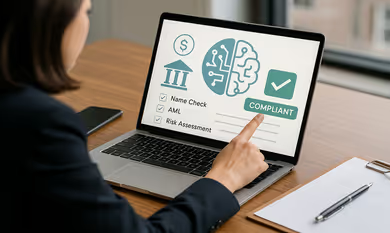



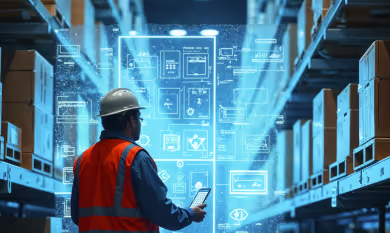
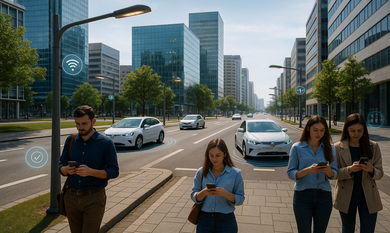


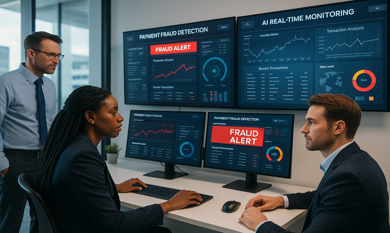


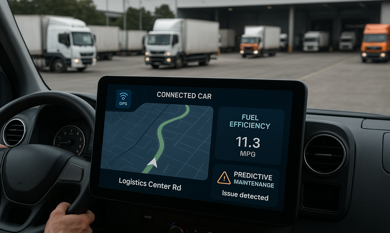




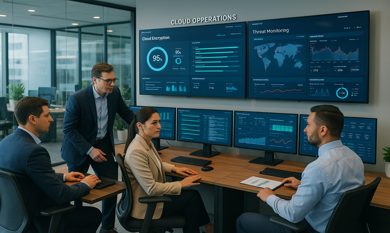

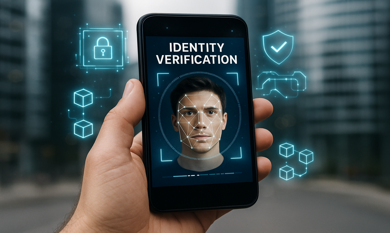

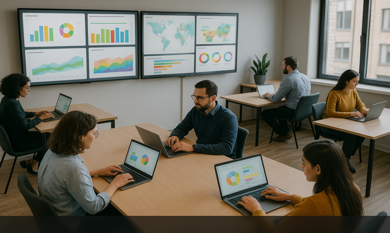



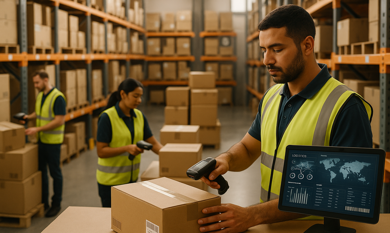



.png)
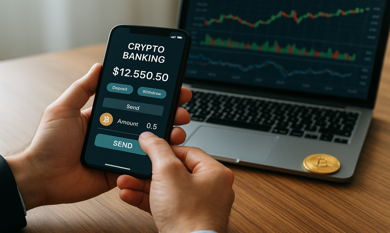

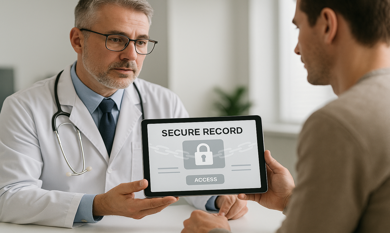


.png)
